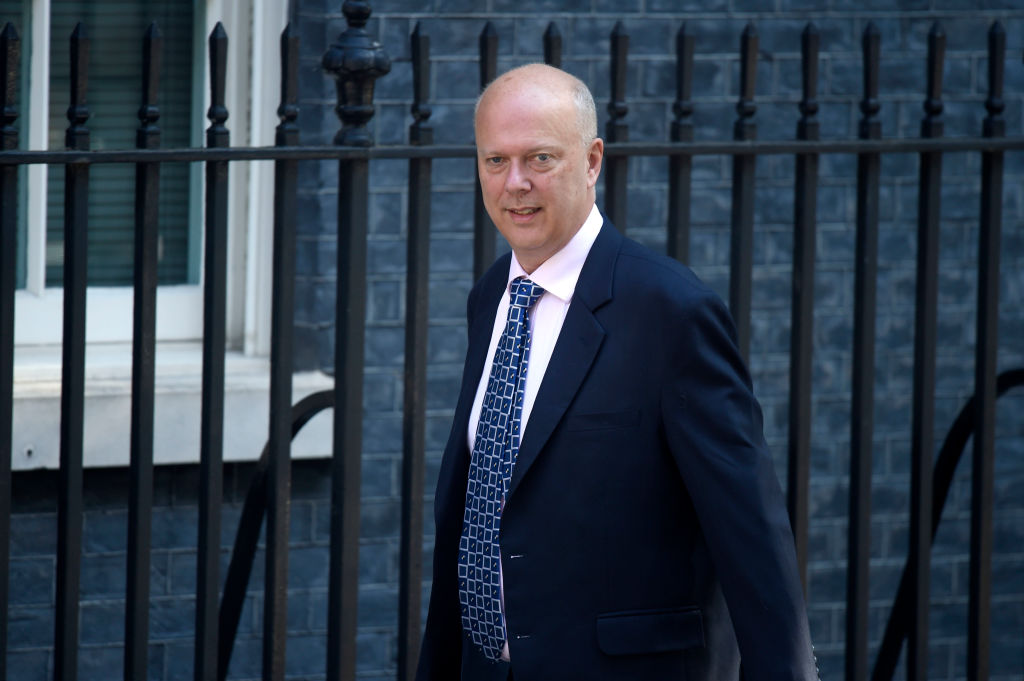Chris Grayling has this evening been thwarted in his attempt to become chair of parliament’s Intelligence and Security committee. Instead, the committee voted for Julian Lewis, a former chairman of the Commons Defence Committee, to take on the coveted role – with the Tory backbencher joining forces with Labour.
The former transport secretary was the favourite for the role, and up until recently was viewed as the only likely candidate. Downing Street had given Grayling its backing – with his promotion for the role read in some quarters as a consolation prize for him supporting Boris Johnson in the leadership but being axed from the cabinet.
That Lewis decided not to go along with the Prime Minister’s preferred candidate is another sign that party discipline is not at its strongest. While Grayling was a divisive candidate – with many MPs feeling his record of error in cabinet undeserving of a reward – a parliamentary majority of 80 should, in theory, mean that Boris Johnson ought to be able to have his choice take on the position of committee chair. However, given that Grayling was put forward for the position more to do him a favour than because Downing Street believed he would be perfect for the role, this is not what one would describe as a devastating loss for the Prime Minister.
In some ways, there is a danger of reading too much into this – Julian Lewis saw his chance and took it. But coming the day after a u-turn on Huawei was forced on the government by the parliamentary numbers, it is a reminder that Downing Street is going to have start paying more attention to the Commons or face more reverses. The very fact that No. 10 has tonight removed the whip from Lewis suggests that they want to set an example that similar behaviour will not be tolerated in the future.







Comments